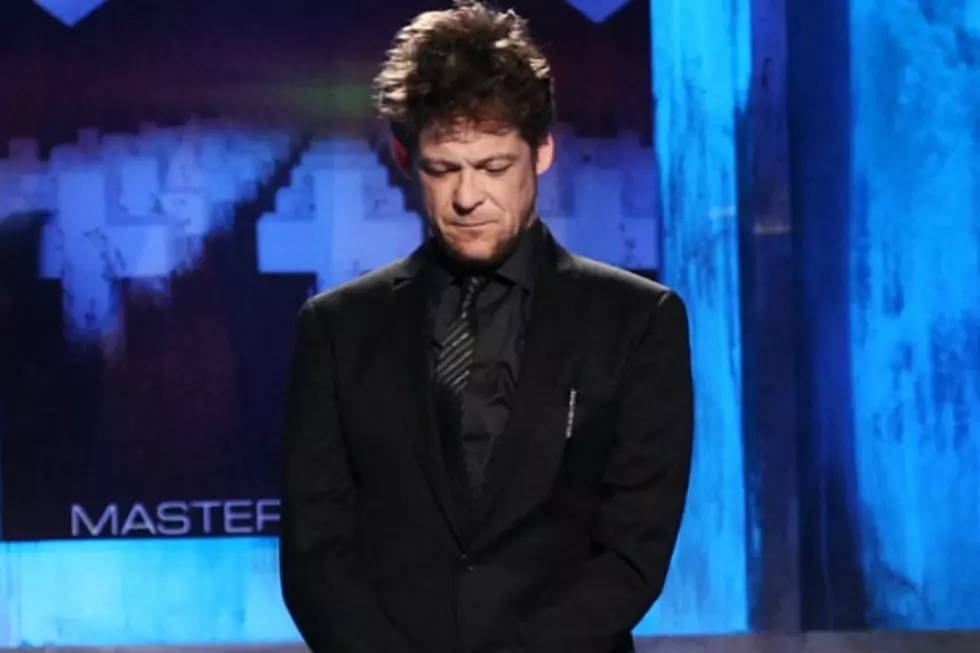
Jason Newsted on Inaudible ‘… And Justice for All’ Bass Tracks: ‘Water Under the Bridge’
Of all the indignities Jason Newsted put up with during his time as Metallica's bass player, the fate of his tracks on the band's 1988 album ' ... And Justice for All' rank among the most infamous. But 25 years later, Newsted has made peace with what went down during those sessions.
"There are so many years of water under the bridge with that, and I can now see it for what it is," Newsted told Metal Exiles (via Blabbermouth) when asked about how his bass parts were dialed down to near-inaudible frequencies in the 'Justice' mix. "There is no real confusion or mystery to me now that I can look back after time and look on the situation."
As Newsted sees it, it was his own inexperience -- coupled with a recording schedule that put him alone in the studio with an assistant engineer -- that created the problem. "There was nobody there to work parts out with or discuss how this or that was going to sound," he said. "It was just 'record your bass' and that's that. I just knew about playing bass really fast like guitar -- basically everybody playing the same thing like a sonic wall. So it ended up with everything being in the same frequency, my bass and James [Hetfield]'s guitar battling for the same frequency."
Looking back, Newsted mused, "If I had known then what I know now, it would have been different, but it became a classic album for what it was. We captured a moment in time, and that is all there is about it. I used to be pissed about it back then, but that was a long time ago. But the records I have made since then have had some ugly bass parts all over the place on them."
Newsted's recent comments echo those made by Kirk Hammett during a 2008 interview, when he recalled, "The bass frequencies in Jason's tone kinda interfered with the tone that James was trying to shoot for with his rhythm guitar sound, and every time the two blended together, it just wasn't happening. So the only thing left to do was turn the bass down in the mix."
Calling it "unfortunate," Hammett added, "It was an experiment. We were totally going for a dry, in-your-face sound, and some people really like that sound. A lot of the newer-generation bands, especially, think that album sounds great. But at the end of the day, it was an experiment. I'm not really sure it was 100 percent successful, but it is a unique sound that that album has."
More From Ultimate Classic Rock









